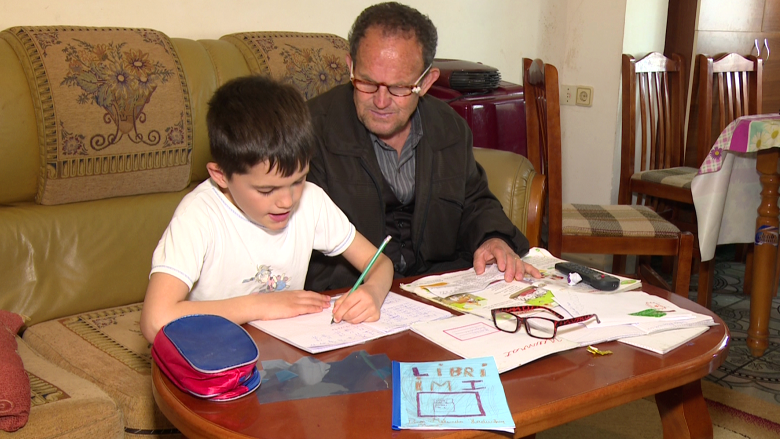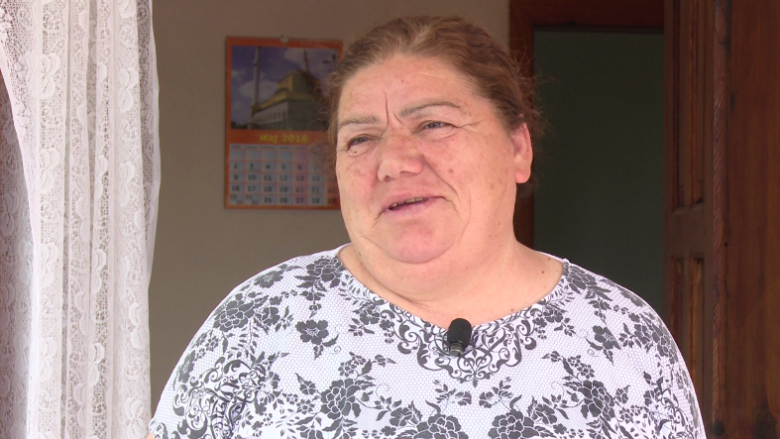Agim Hadushaj says things are looking increasingly brighter for himself and his extended family in the Albanian city of Fier.
“Now the electricity comes regularly, and our washing machine and television don’t break down like they did in the past due to power outages,” says Hadushaj, a 66-years-old pensioner.
His daughter-in-law, Anila Hadushaj, is equally happy about the improvements to Albania’s power sector, which suffered years of neglect until recently.
She says a more constant supply of energy is good for doing housework, but more importantly, for her kids to study at night.
“Electricity is very important for kids so that they can do their homework, and it is necessary for washing dishes, for ironing and for cooking for the family,” Anila says.
The energy improvements across the country are due to a combination of new laws obliging payment of power bills, and other reforms, aimed at better investing the consequent boost in revenue.
The World Bank is supporting the reforms, through a Power Recovery Project.


